

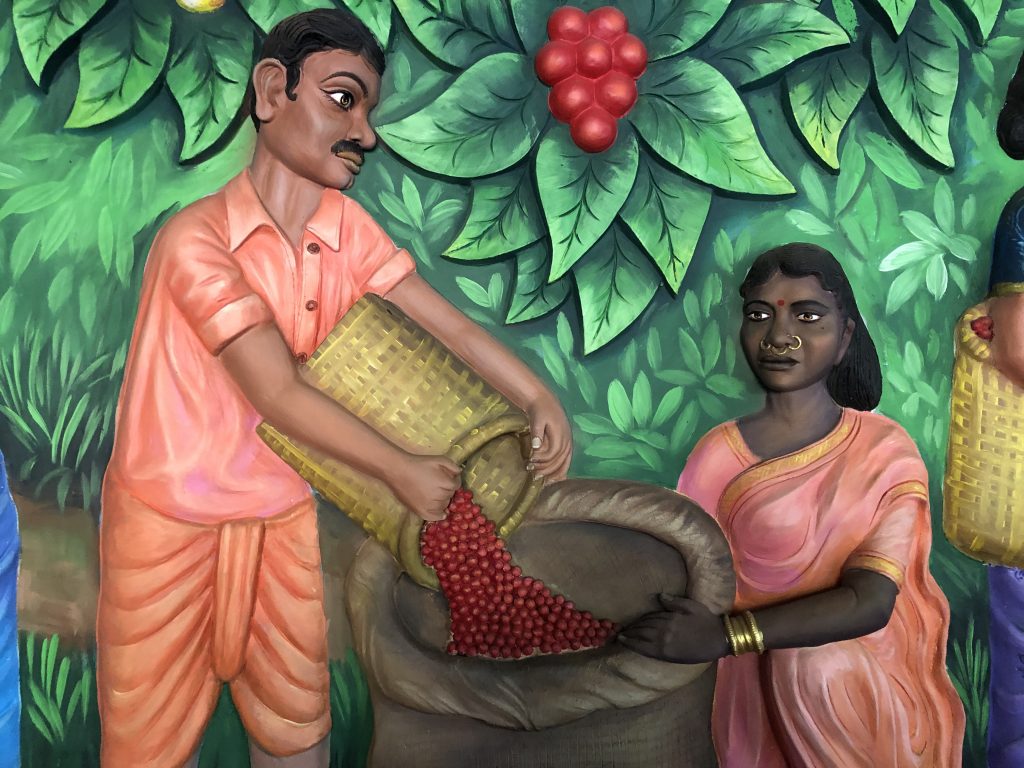
During his popular radio programme 'Mann Ki Baat,' Prime Minister Narendra Modi endorsed the unique and flavourful 'Araku' coffee from Andhra Pradesh. This has sparked interest in specialty coffee across the country, as coffee enthusiasts seek to learn more about the distinct qualities and origins of this brew. The PM's mention also highlights the importance of supporting local products and recognizing the contributions of small-scale farmers in India's rich agricultural heritage.
Araku Valley Coffee: A Unique Brew Endorsed by Prime Minister Modi
In a recent episode of his popular radio program, 'Mann Ki Baat,' Prime Minister Narendra Modi endorsed the unique and flavorful 'Araku' coffee from Andhra Pradesh. This has sparked interest in specialty coffee across the country, as coffee enthusiasts seek to learn more about the distinct qualities and origins of this brew.
Background
Araku Valley is a picturesque region nestled in the Eastern Ghats of Andhra Pradesh. The valley is home to several coffee plantations, which cultivate a variety of Arabica and Robusta beans. The unique climate and soil conditions in Araku result in coffee with a distinctive flavor profile.
The Araku Valley Coffee Cooperative Society was formed in 1976 to support small-scale coffee farmers in the region. The cooperative has played a crucial role in improving the quality and quantity of coffee produced in Araku.
Prime Minister Modi's Endorsement
During his 'Mann Ki Baat' address, Prime Minister Modi praised the Araku coffee for its unique taste and aroma. He highlighted the efforts of the coffee farmers in the valley and the importance of supporting local products. This endorsement has spurred a surge in demand for Araku coffee across India.
Top 5 FAQs
1. What makes Araku Valley coffee so unique?
Araku coffee is grown in a unique microclimate with a high altitude, rich soil, and abundance of rainfall. These conditions give the coffee its distinctive flavor and aroma.
2. What are the flavor notes of Araku coffee?
Araku coffee is known for its full-bodied flavor with hints of cocoa, spice, and floral notes. It has a smooth and balanced acidity.
3. How is Araku coffee processed?
Araku coffee is typically wet-processed, which involves removing the coffee cherry and fermenting the beans. This process enhances the flavor and acidity of the coffee.
4. What are the benefits of drinking Araku coffee?
Araku coffee is a rich source of antioxidants, which can protect the body from damage caused by free radicals. It is also known to improve alertness and reduce the risk of certain health conditions, such as type 2 diabetes and heart disease.
5. How can I purchase Araku coffee?
Araku coffee is available online through various retailers and also in select specialty coffee shops and supermarkets.
Conclusion
Prime Minister Modi's endorsement has brought Araku Valley coffee to the forefront of the Indian coffee scene. The unique flavor and origins of this brew have captivated coffee enthusiasts across the country. By supporting Araku coffee, we not only enjoy a delicious beverage but also contribute to the livelihood of small-scale farmers in India.

Tamil Nadu Chief Minister MK Stalin has declared that his political party, the DMK, will challenge the recently passed Waqf Bill in the Supreme Court. The CM condemned the passing of the amendment at 2 am, alleging pressure from a few allies, despite opposition from most parties in India. He also highlighted that the state Assembly has already passed a resolution opposing the amendment, and that a case will be filed in the Supreme Court on behalf of the DMK. The Waqf Bill seeks to improve the administration and management of waqf properties in India, but its passing has been met with criticism and opposition.
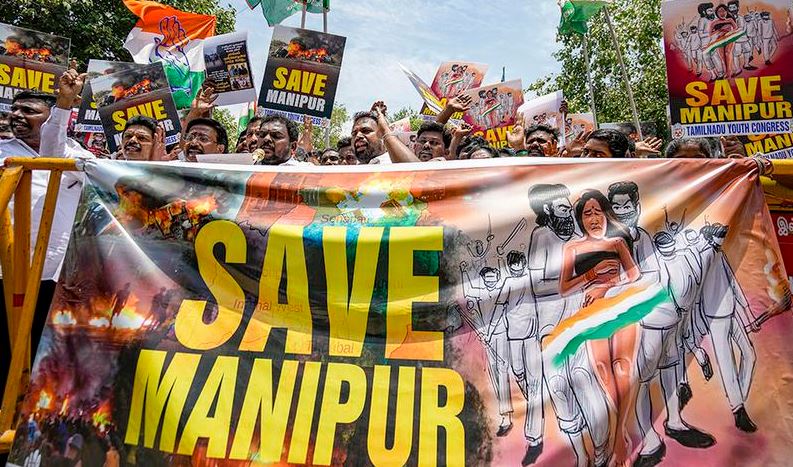
The Lok Sabha was in session until the early hours of the morning, debating and passing important bills. However, amidst the proceedings, the government initiated a short discussion on the proclamation of President's Rule in Manipur at 2 AM which lasted only 41 minutes. The Opposition was surprised and protested, but the Speaker allowed the discussion to continue. Congress MP Shashi Tharoor, in his speech, highlighted the failures of the government in maintaining law and order in Manipur and questioned the timing and necessity of the President's Rule.
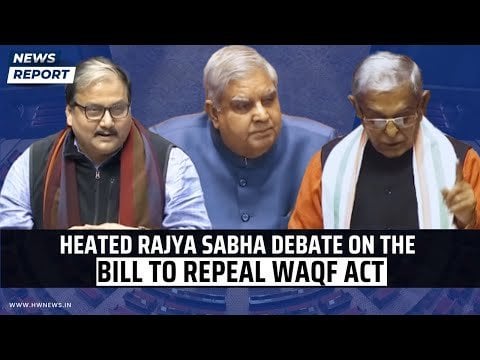
The Waqf Amendment Bill, which was earlier passed by the Lok Sabha, sparked a heated debate in the Rajya Sabha today. While BJP MP JP Nadda defended PM Modi's welfare for all principle, Shiv Sena MP Sanjay attacked the BJP for ignoring the interests of Muslims. Union Minister Giriraj Singh also joined in, accusing the Congress of crossing the limits of appeasement by giving away 123 properties to Waqf in Lutyens' Delhi overnight in 2013. The debate highlights the deep division and polarizing views over the proposed amendments to the Waqf Act in Uttar Pradesh, the state with the highest number of Waqf properties in the country.

In a digitized effort, Chief Minister Devendra Fadnavis transferred a grant of ₹25 crore to 560 gaushalas across the state under the Desi Cow Conservation Scheme. This first phase of the scheme will benefit over 56,000 indigenous cows for their upkeep. Fadnavis emphasized the importance of preserving indigenous cows for rural development and praised the initiative taken by the Maharashtra Goseva Commission. With lower milk productivity, these cow shelters play a vital role in providing necessary care for non-milking and unproductive cows, making the scheme a major relief for them.

Samajwadi Party chief Akhilesh Yadav criticized the BJP for taking 10 months to select a national president, while Amit Shah countered by pointing out dynastic practices among opposition parties. Reports suggest that the BJP will announce its new national president by the third week of April to replace JP Nadda. Nadda's tenure was extended until June 2024, but the new president will still be chosen after a process involving the party's 12-13 crore members.
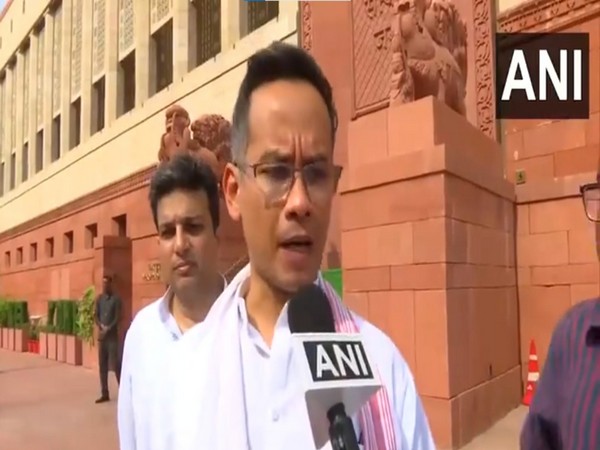
Congress MP Gaurav Gogoi vehemently opposes the Waqf amendment bill during a Lok Sabha discussion, stating that it is an attack on the foundation of Parliament and the Constitution. He also alleges that the government has ulterior motives for pushing the amendment, including diluting the Constitution, defaming minorities, dividing society, and disenfranchising the minority community. He questions the timing of the amendment and accuses the BJP-led government of restricting religious freedoms in India.
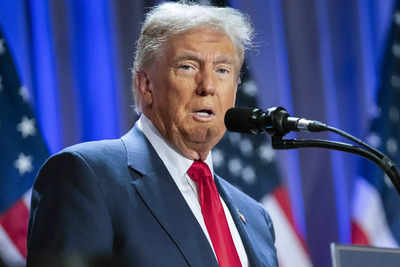
US President Donald Trump has sparked controversy by hinting at ways to stay in power beyond his second term. While the 22nd Amendment limits presidential terms to two, Trump believes there are "methods" to get around it. This raises concerns about the sanctity of democracy and the potential for abuse of power. The idea of a third term for any president has been largely rejected in American history, making this a crucial issue to watch.
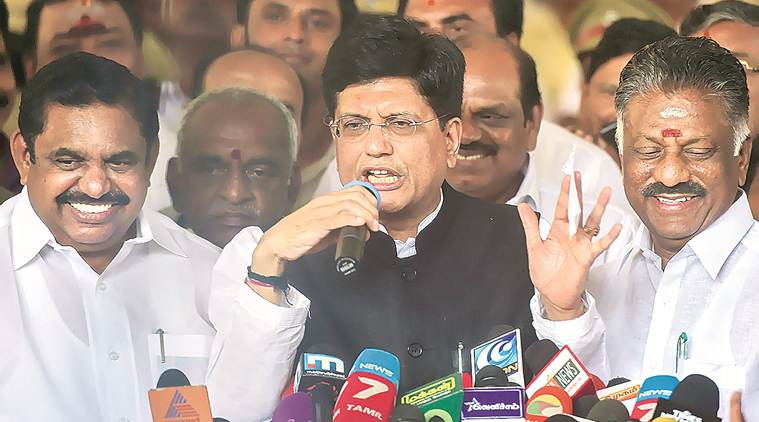
The Indian Express has reported exclusively that the BJP may ask K Annamalai to step down as the party's Tamil Nadu president, in order to avoid having both BJP and AIADMK's state election faces come from the Gounder community. This move is seen as a strategic decision to strengthen the BJP's alliance with AIADMK, as both Annamalai and AIADMK chief Edappadi K Palaniswami belong to this community. Despite his successful leadership style, Annamalai has reportedly been assured of a bright future within the party and has pledged complete loyalty.
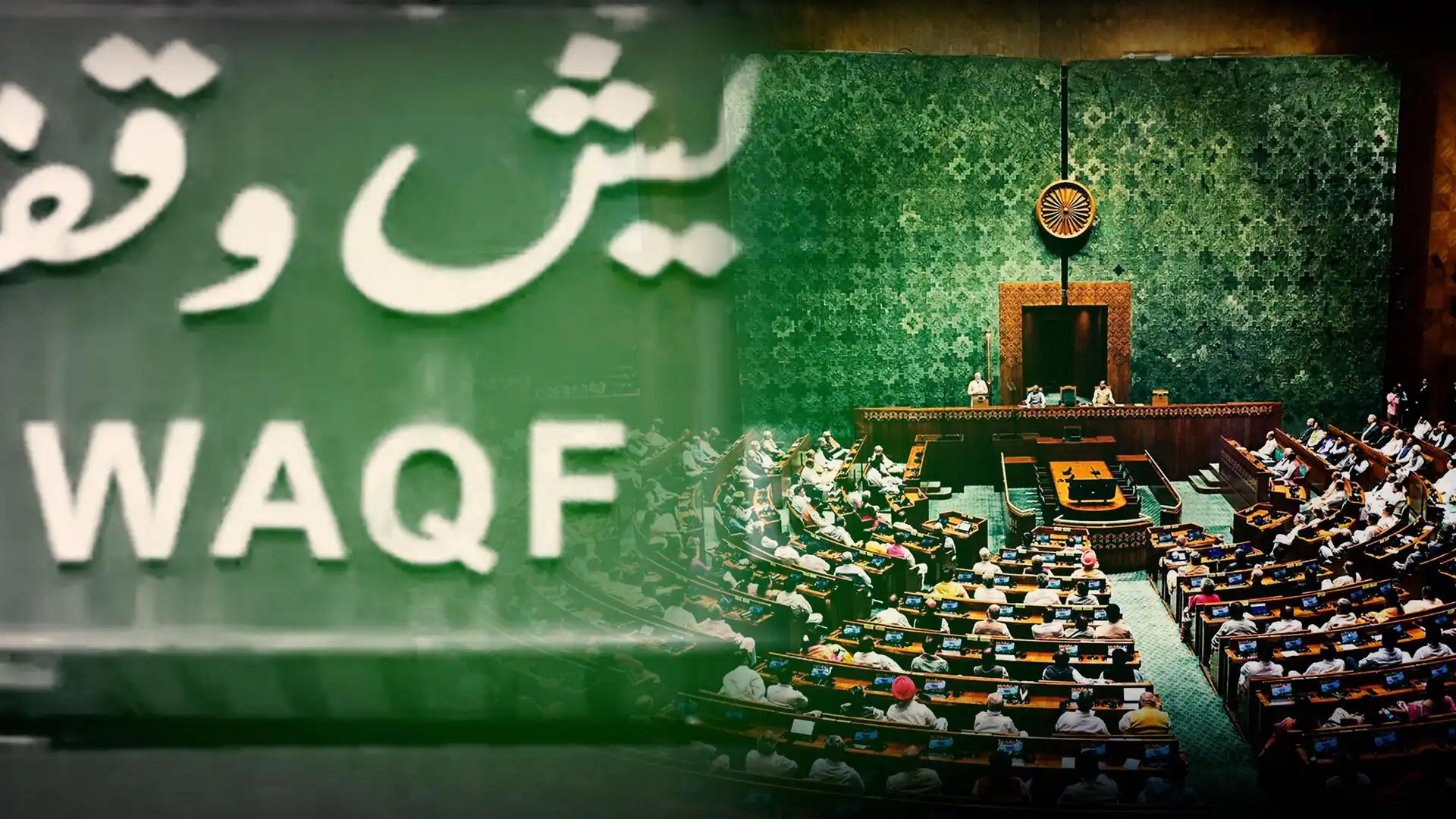
The Lok Sabha braces itself for a heated session as the Centre brings back the divisive Waqf (Amendment) Bill for consideration and passage. The eight-hour debate, agreed upon by leaders from all major parties, could be extended after taking the sense of the House. The previously introduced bill had faced backlash from the Opposition and was sent to a Joint Committee for further scrutiny, leading to clashes over proposed amendments and dissent notes being allegedly redacted. Some of the biggest points of contention include allowing non-Muslims to hold key positions in the Waqf board, giving power to the District Collector to determine ownership of disputed property, and removing the tribunal's final decision clause.

Prime Minister Narendra Modi and Chilean President Gabriel Boric Font held discussions on enhancing bilateral relations between India and Chile, particularly in the economic, commercial, and societal sectors. They also paid tribute to Mahatma Gandhi at Raj Ghat and announced the start of negotiations for a comprehensive economic partnership agreement. The Chilean President is on a five-day state visit to India, accompanied by a high-level delegation.